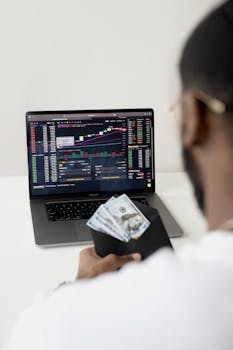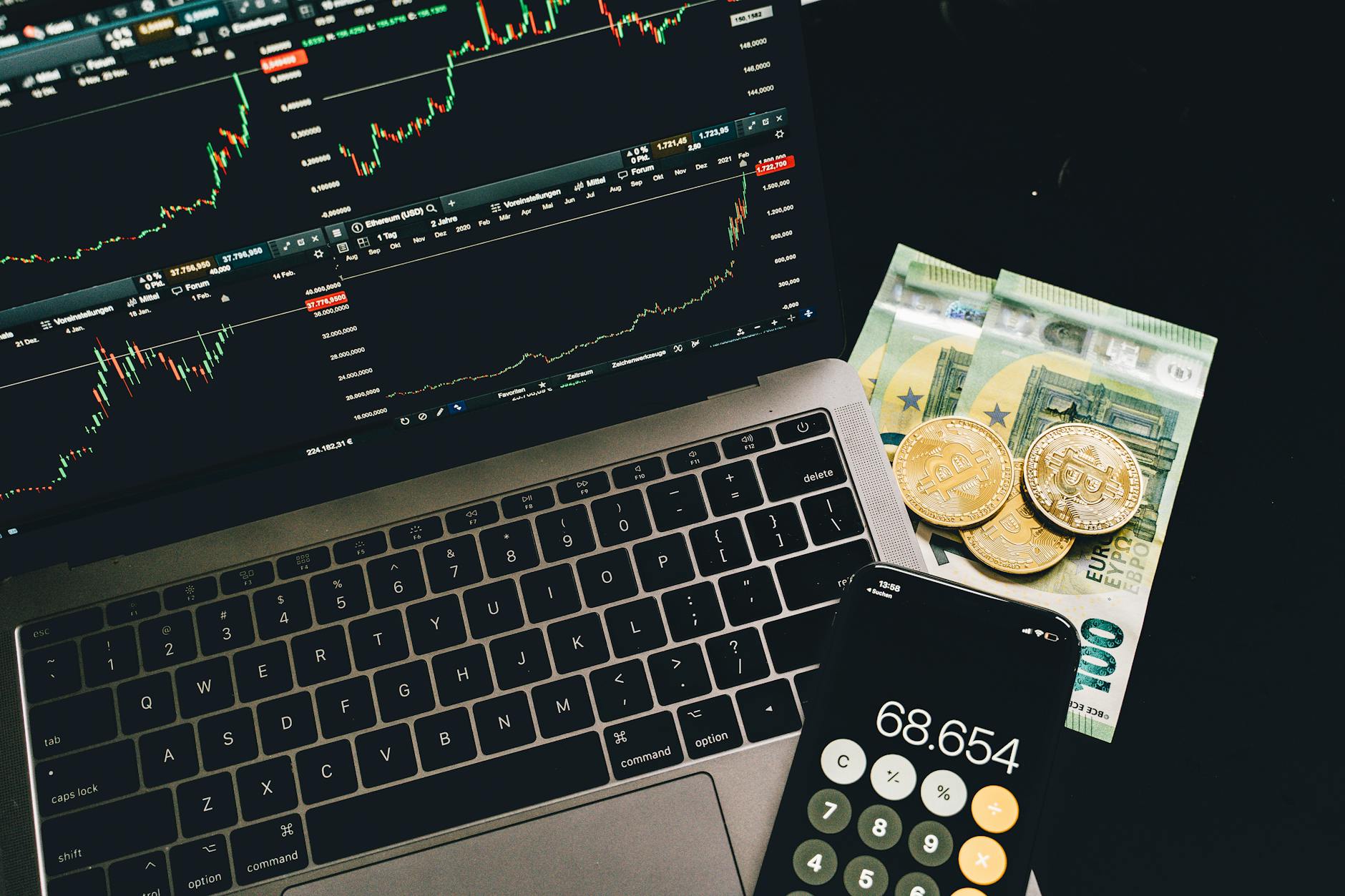Imagine a skilled chess player, meticulously planning their moves, only to be outsmarted by a subconscious mental block. In the fast-paced world of trading, similar hidden forces can lurk within us – behavioral biases. These unconscious thought patterns can lead to irrational decisions and potentially derail your trading success.
The Mind’s Labyrinth: Unveiling Common Biases
Behavioral biases are cognitive shortcuts that can distort our thinking and decision-making. Here are some common biases that can sabotage your trading:
Loss Aversion: The fear of losing is often more powerful than the potential for gains. This can lead to selling winning positions too early and holding onto losing positions hoping for a rebound.
Anchoring: The tendency to rely too heavily on the first piece of information we receive. For example, an investor might be overly influenced by a stock’s initial price and fail to consider its current valuation.
Confirmation Bias: The inclination to seek out information that confirms our existing beliefs and ignore contradictory evidence. This can lead to clinging to losing positions based on outdated information.
Overconfidence: An inflated sense of our abilities can lead to taking on excessive risk or making hasty decisions without proper analysis.
Protecting Yourself from the Biases Within
By being aware of these biases, you can take steps to mitigate their influence:
Challenge Your Assumptions: Don’t accept the first piece of information at face value. Conduct thorough research and consider alternative perspectives before making a trade.
Embrace Diversification: Spread your investments across different asset classes to avoid putting all your eggs in one basket and becoming overly attached to a single position.
Develop a Trading Plan: Having a clear plan that outlines your entry and exit points helps you stick to your strategy and avoid making emotional decisions.
Seek Outside Perspective: Discuss your trades with a trusted advisor or mentor who can offer an objective viewpoint and help identify potential biases clouding your judgment.

The Economic Domino Effect: How Oil Prices Impact You
Trading Psychology: Building Emotional Resilience
A strong trading psychology is essential for combating behavioral biases:
Maintain Emotional Control: Don’t let fear, greed, or excitement dictate your trading decisions. Stay calm and collected throughout the trading process.
Practice Mindfulness: Mindfulness exercises can help you become more aware of your thoughts and emotions, allowing you to make more conscious choices.
Learn from Your Mistakes: Everyone makes mistakes; the key is to identify the biases that led to them and learn from them to avoid repeating them in the future.
Behavioral biases are a natural part of human cognition, but they don’t have to control your trading decisions. By understanding these biases, actively mitigating their influence, and cultivating a disciplined trading mindset, you can make more informed trades and navigate the market with greater confidence.
Do you struggle with any particular behavioral biases in your trading? Share your experiences and tips for overcoming them !



